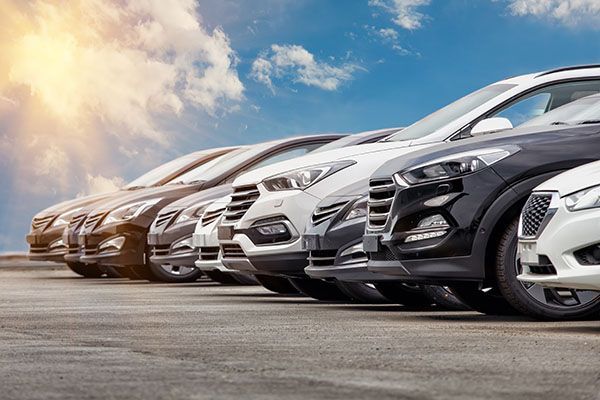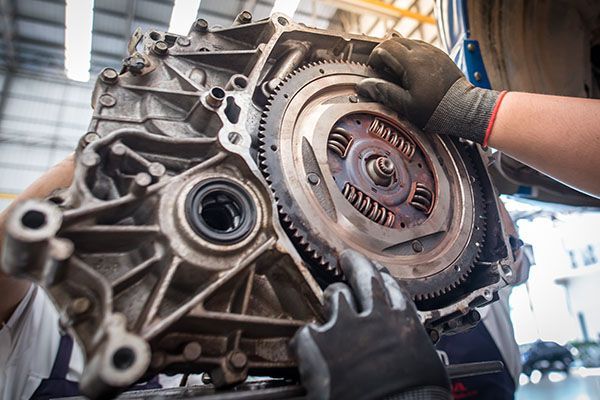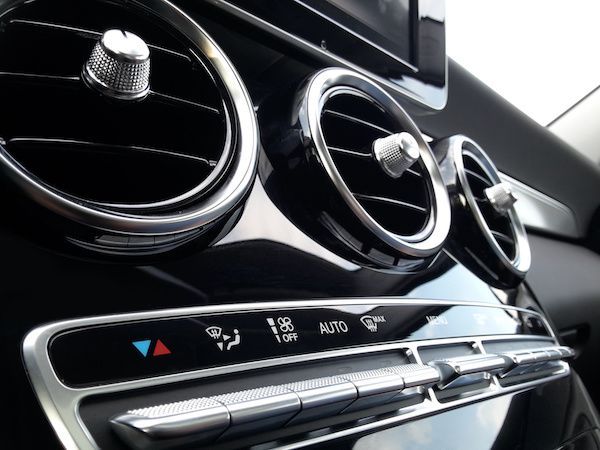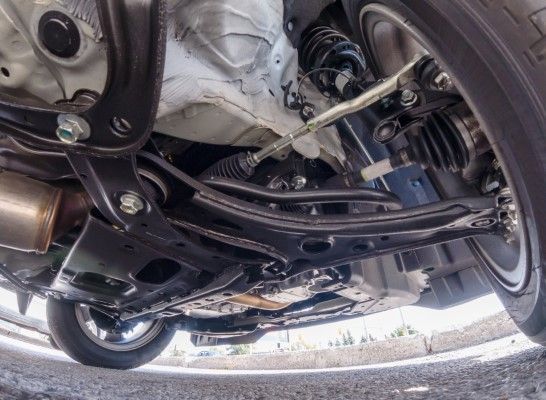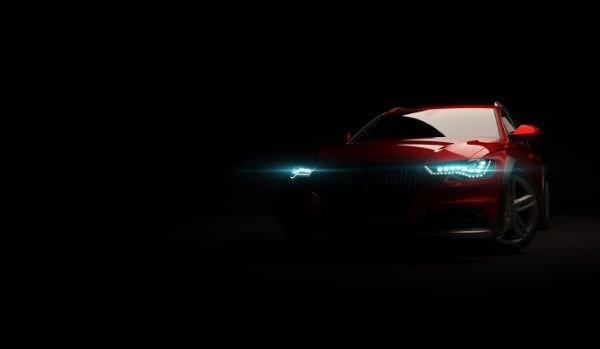The Success Story of Mercedes-Benz
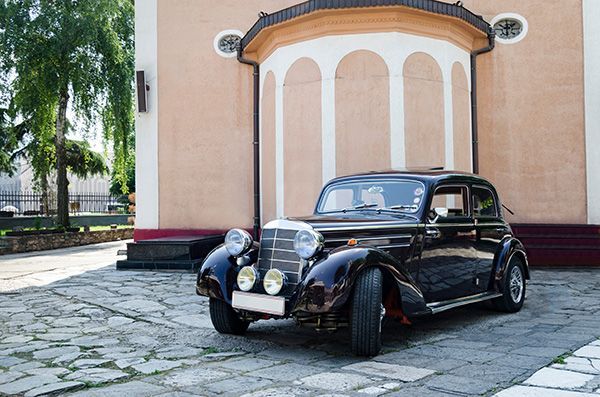
The Success Story of Mercedes-Benz
When you think of luxury, performance, and innovation in the automotive world, one name inevitably comes to mind - Mercedes-Benz. With a history of over a century, Mercedes-Benz has become synonymous with excellence and prestige in the automobile industry. This iconic brand's journey from humble beginnings to becoming a global symbol of luxury and innovation is remarkable.
The Early Years
The roots of Mercedes-Benz trace back to the late 19th century, when two visionary engineers, Karl Benz, and Gottlieb Daimler, independently developed the first gasoline-powered vehicles. Karl Benz's Patent Motorwagen, built in 1886, is widely regarded as the world's first automobile. Around the same time, Gottlieb Daimler and Wilhelm Maybach were working on their own horseless carriage. These pioneering efforts laid the groundwork for what would eventually become Mercedes-Benz.
In 1926, the companies founded by these inventors merged to form Daimler-Benz AG, officially creating the Mercedes-Benz brand. The name "Mercedes" was derived from a line of luxury cars named after Mercedes Jellinek, the daughter of an influential automobile dealer. This merger marked the beginning of a new era in the automotive industry, combining engineering expertise and innovative design under one brand.
Innovation and Excellence
Mercedes-Benz has always been at the forefront of automotive innovation. Over the decades, the brand has introduced numerous groundbreaking technologies and features that have set new standards in the industry.
Safety Innovations
Mercedes-Benz has a long-standing commitment to safety. In 1951, they introduced the first crumple zones designed to absorb impact energy during collisions and protect occupants. This was followed by the introduction of anti-lock braking systems (ABS) in the 1970s, which have since become standard in virtually all modern vehicles. The brand continues to lead in safety innovations with features like PRE-SAFE® technology, which anticipates and prepares for potential collisions.
Performance and Luxury
Mercedes-Benz is renowned for its blend of performance and luxury. The introduction of the Mercedes-Benz S-Class in the 1970s set a new benchmark for luxury sedans, combining cutting-edge technology with unparalleled comfort. The brand's performance division, AMG, has produced some of the most powerful and exhilarating sports cars on the market, including the iconic AMG GT.
Sustainability and Electric Mobility
In recent years, Mercedes-Benz has focused on sustainability and electric mobility. The introduction of the EQ line of electric vehicles represents the brand's commitment to a greener future. Models like the EQC and the upcoming EQS showcase Mercedes-Benz's ability to combine luxury and performance with zero-emission technology.
Global Expansion and Market Leadership
Mercedes-Benz's success isn't confined to Germany; it's a global phenomenon. The brand's expansion into international markets began early in the 20th century and has only accelerated since. Today, Mercedes-Benz vehicles are sold in over 190 countries, with production facilities worldwide.
In the United States, Mercedes-Benz established its presence in the 1950s and quickly became a favorite among American consumers. The brand's reputation for quality and innovation helped it capture a significant share of the luxury car market. In Asia, particularly China, Mercedes-Benz has seen tremendous growth, capitalizing on the rising demand for luxury vehicles among affluent consumers.
The Role of Marketing and Branding
A key component of Mercedes-Benz's success is its effective marketing and branding strategies. The brand has consistently positioned itself as a symbol of luxury, performance, and reliability. Iconic advertising campaigns, strategic sponsorships, and a strong presence in motorsports have all contributed to building and maintaining this prestigious image.
The famous slogan "The Best or Nothing" encapsulates the brand's philosophy and commitment to excellence. This message resonates with consumers, reinforcing the perception that Mercedes-Benz offers the highest quality vehicles.
Challenges and Future Outlook
Like any long-standing company, Mercedes-Benz has faced its share of challenges. Economic downturns, changing consumer preferences, and increased competition have all tested the brand's resilience. However, Mercedes-Benz has consistently adapted to these challenges by innovating and staying ahead of industry trends.
Looking to the future, Mercedes-Benz is focused on several key areas:
Electric Vehicles
With a significant investment in electric mobility, Mercedes-Benz aims to lead the luxury electric vehicle market. The brand's Vision EQXX concept car, which promises a range of over 620 miles on a single charge, exemplifies this commitment.
Autonomous Driving
Mercedes-Benz is also at the forefront of developing autonomous driving technology. The brand's DRIVE PILOT system aims to offer Level 3 autonomous driving capabilities, allowing for hands-free driving in certain conditions.
Sustainability
Sustainability is a core focus for Mercedes-Benz, with ambitious goals to achieve carbon neutrality by 2039. This includes using sustainable materials, increasing energy efficiency in production, and promoting recycling and reuse of vehicle components.
We’ve got all your automotive repair needs covered.


